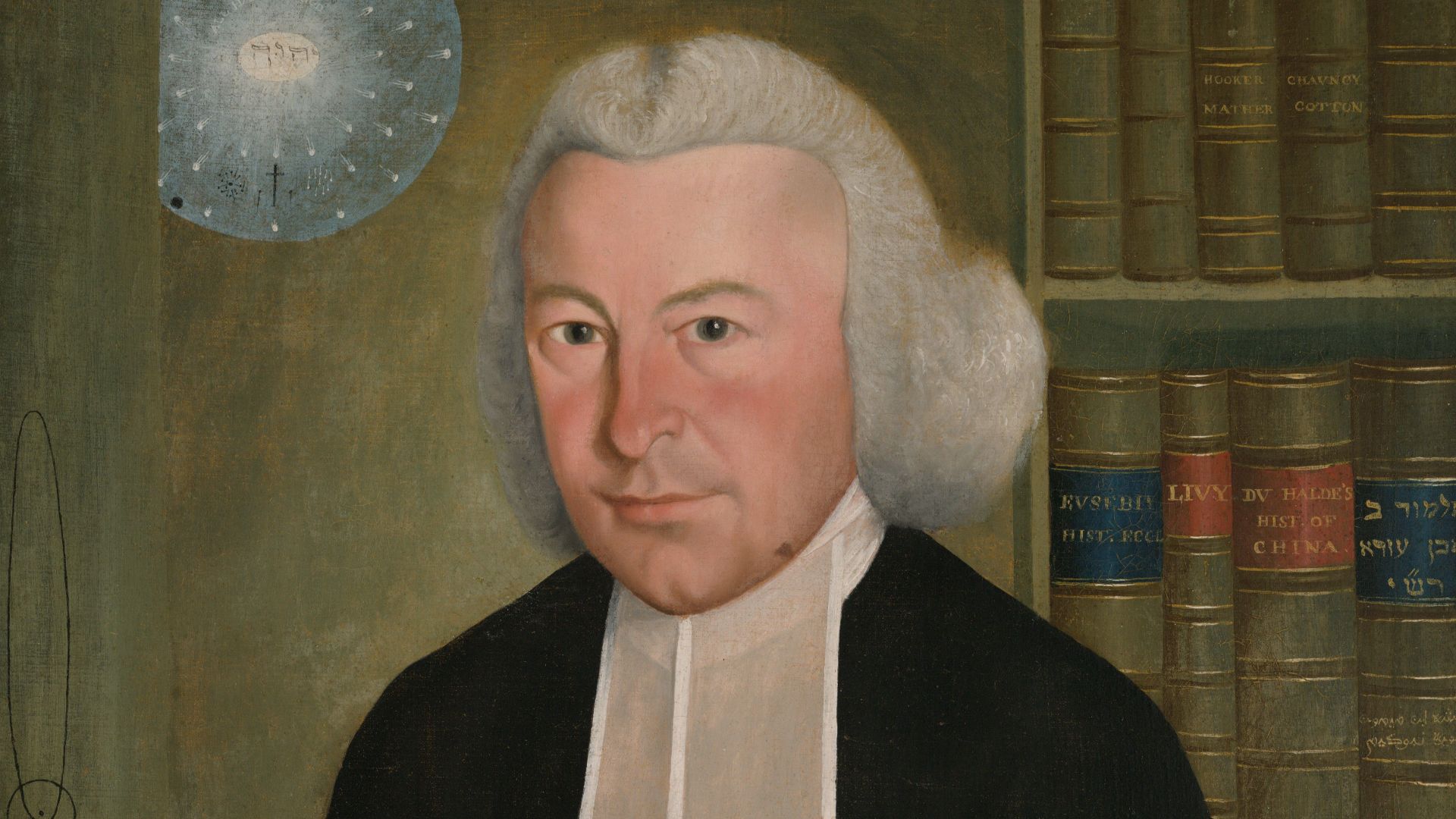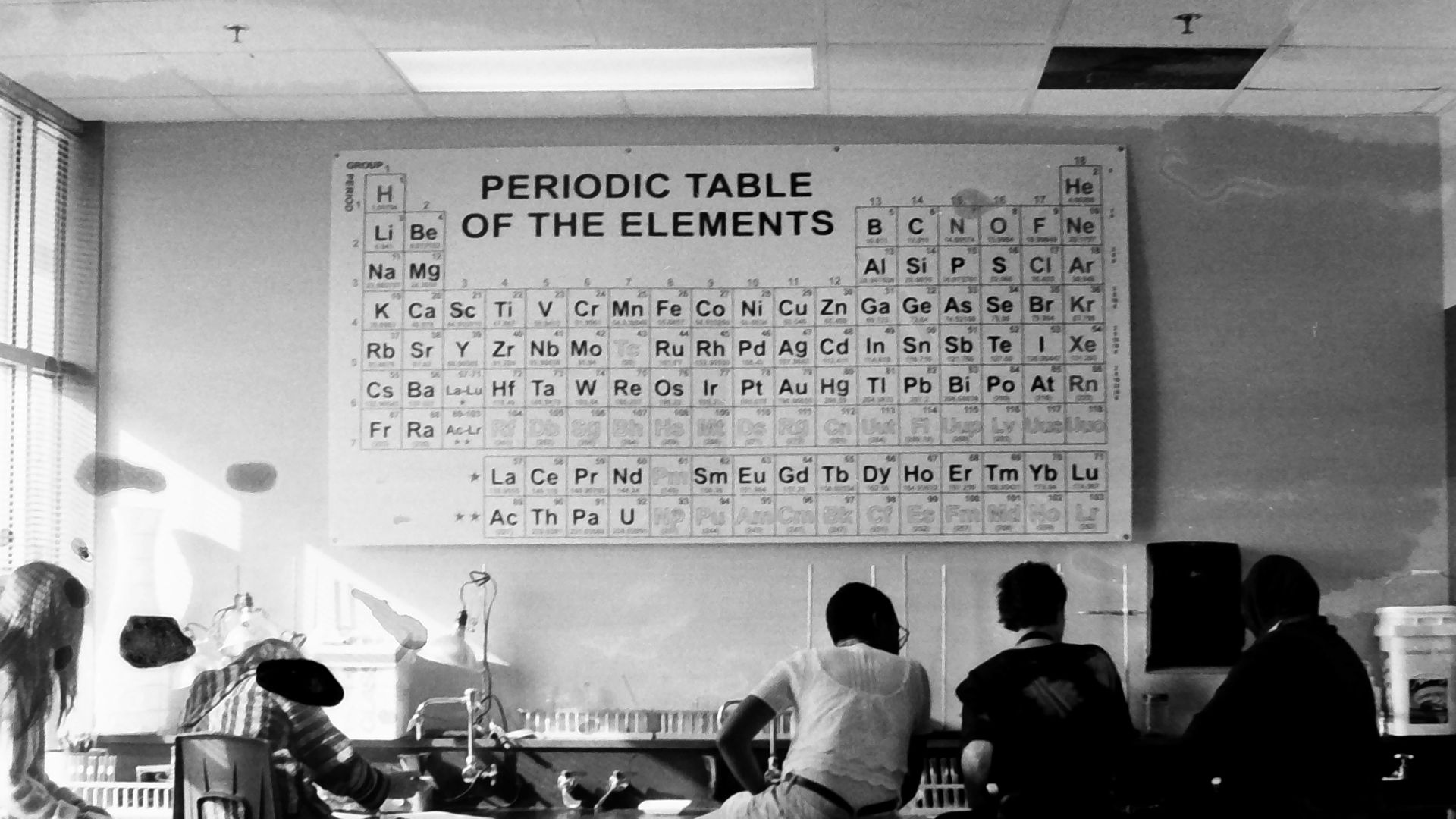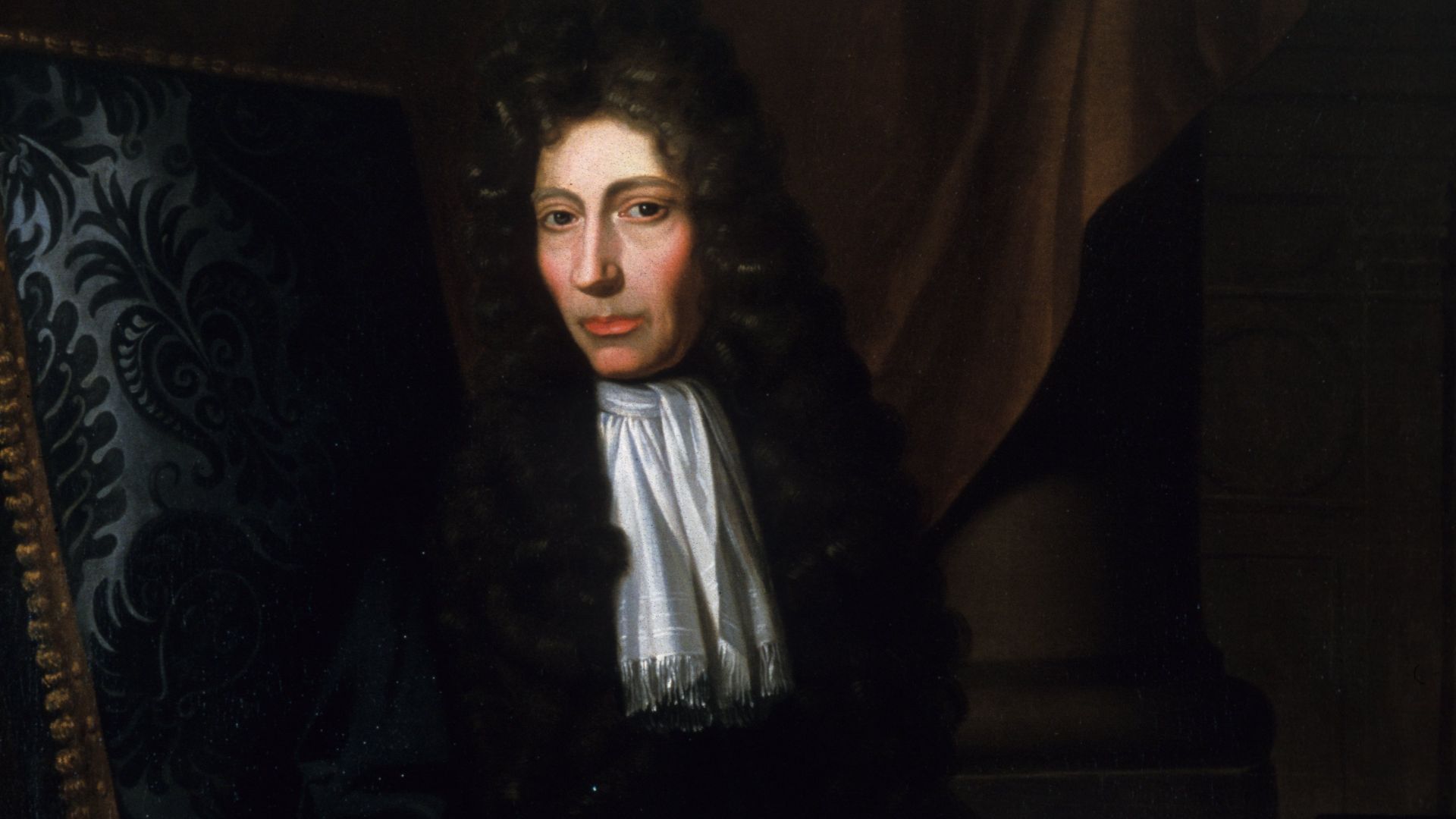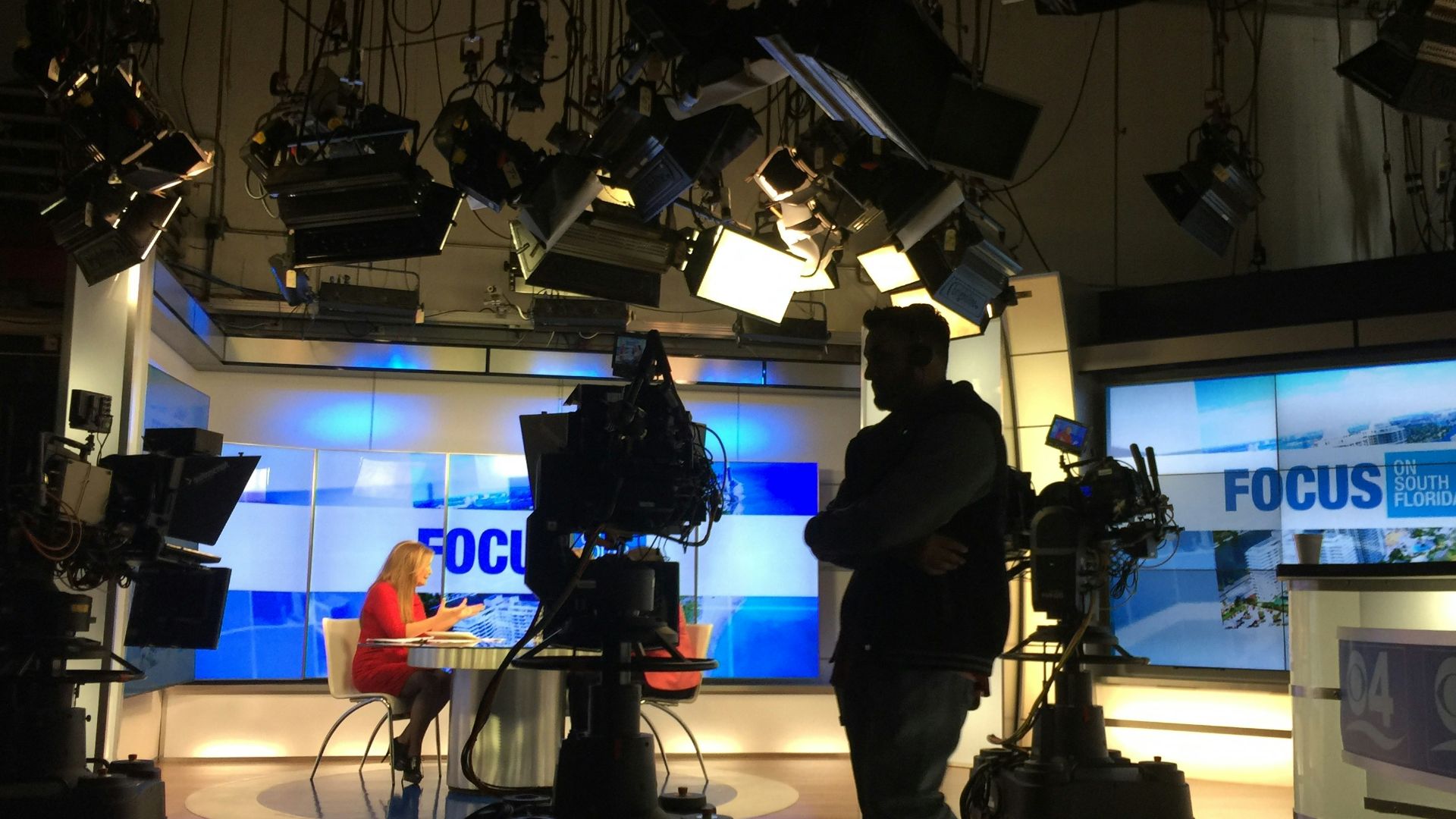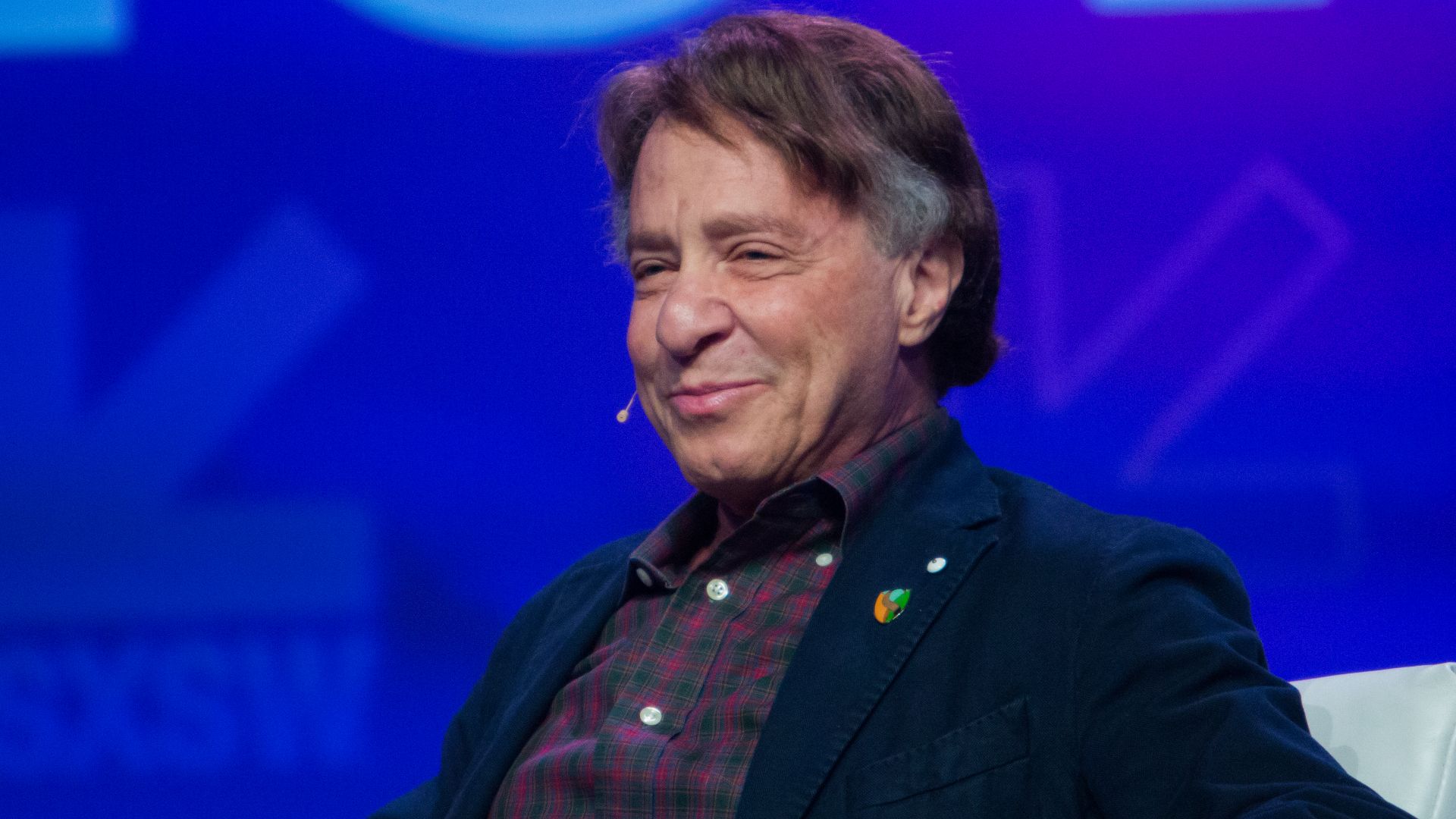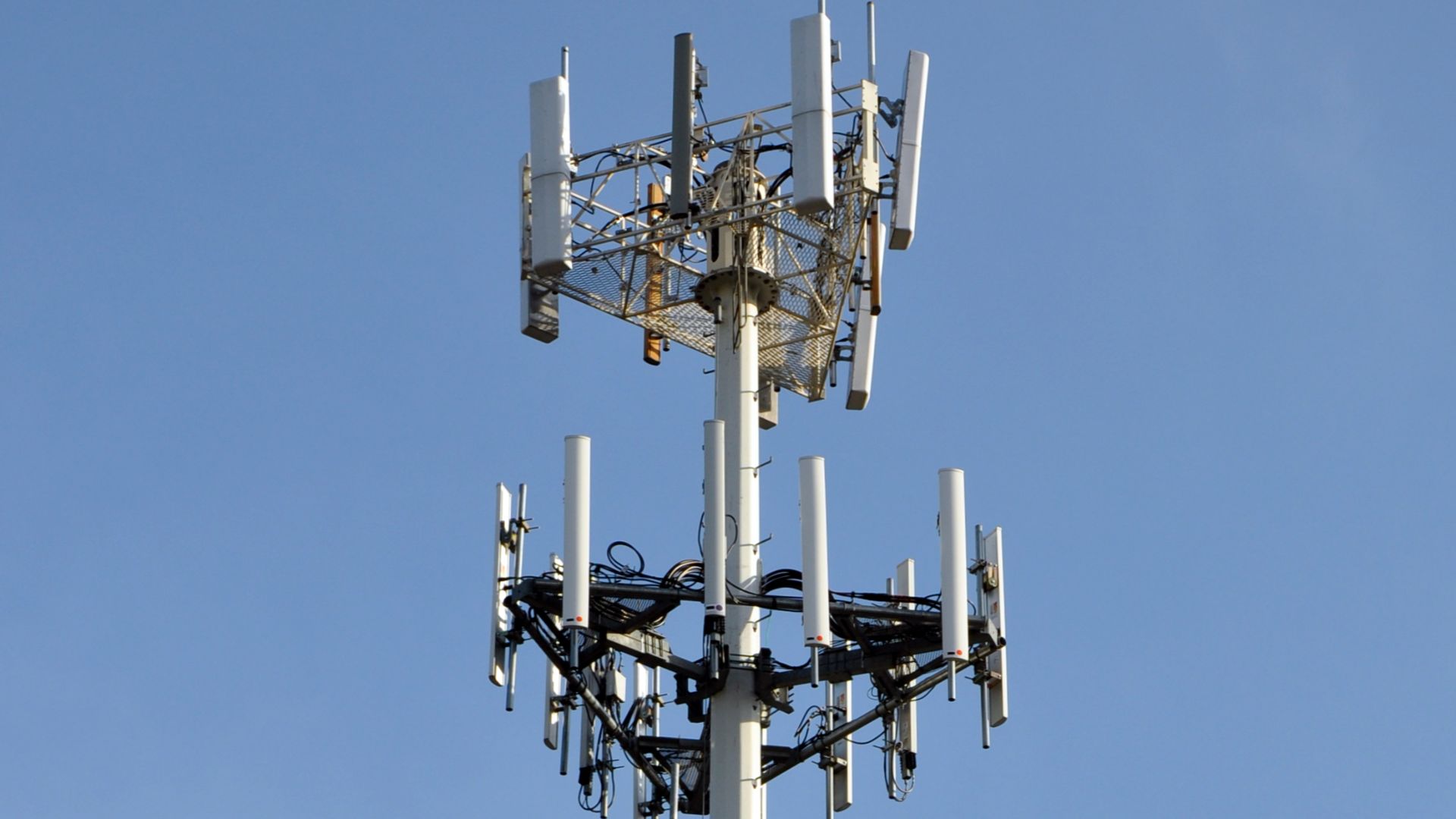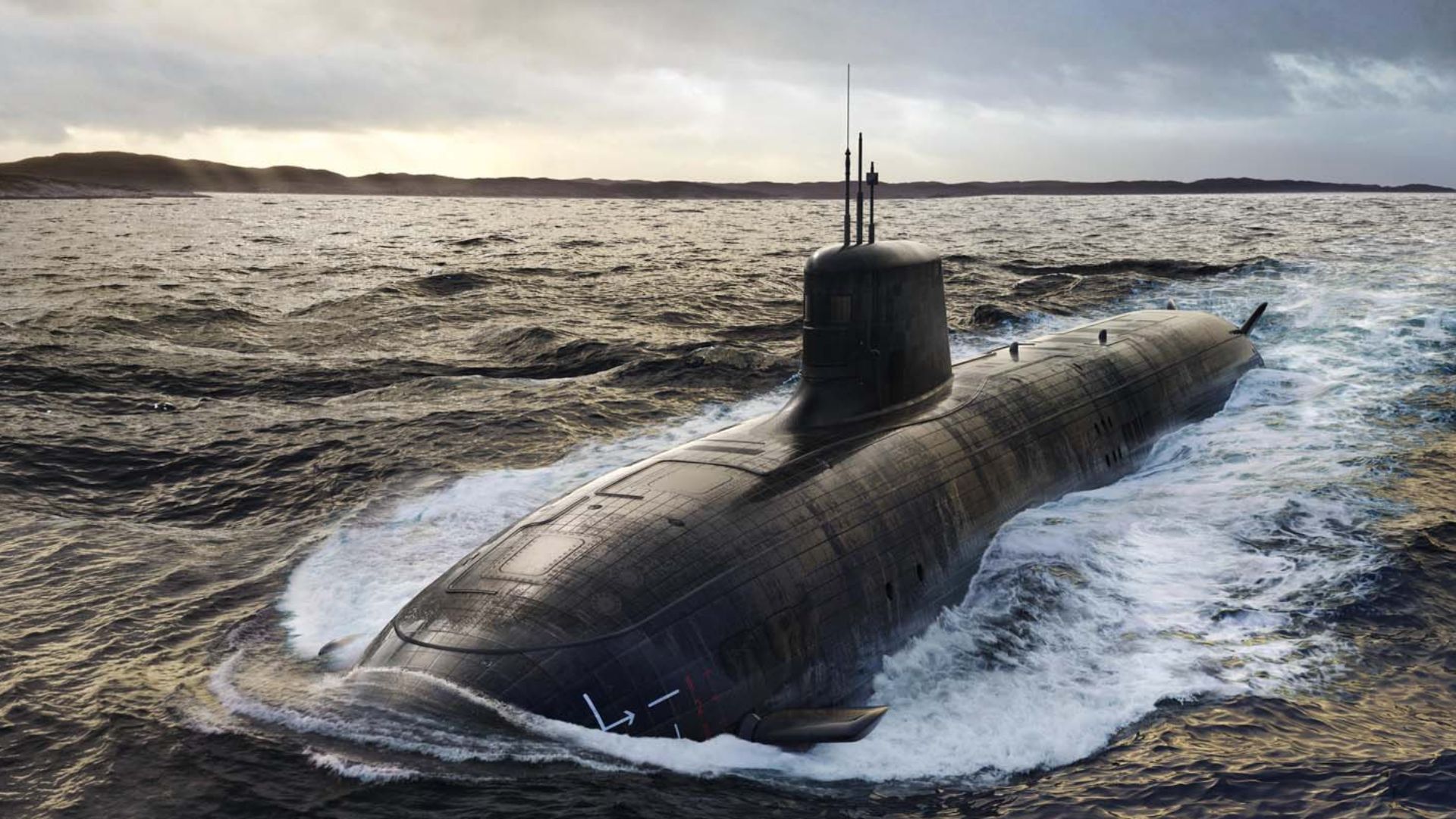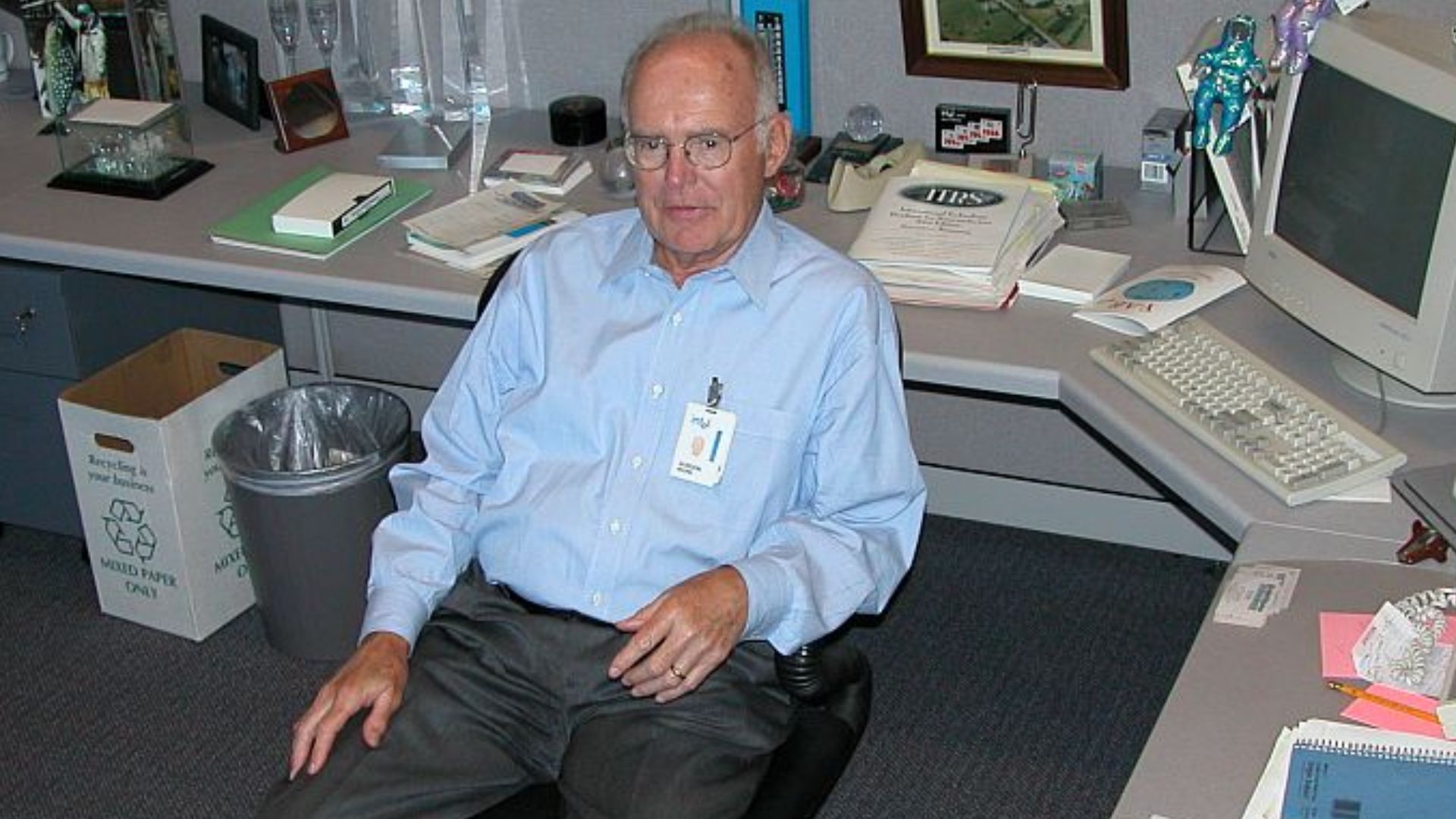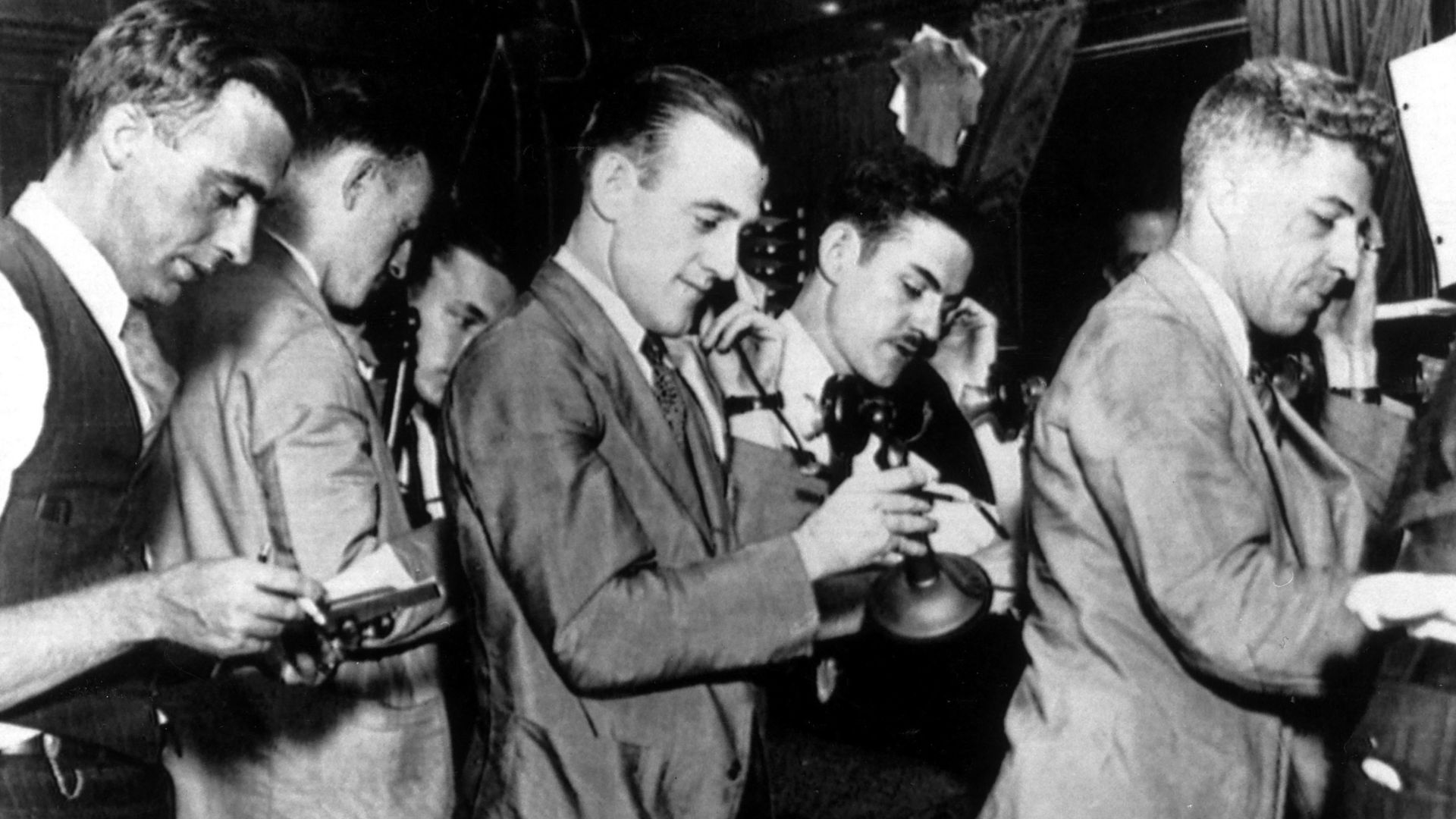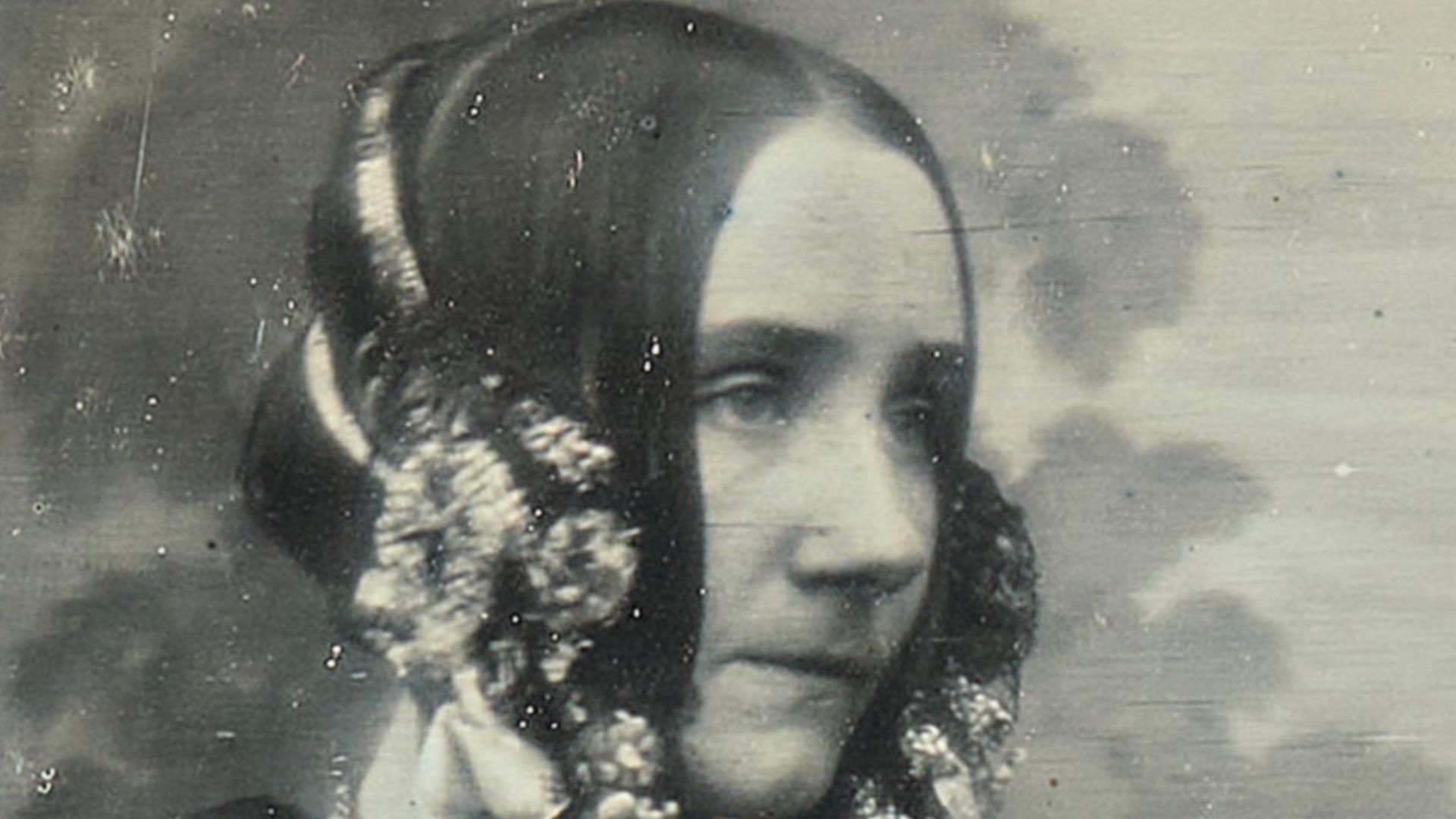Crystal Ball Moments In History
Do you wonder what it's like to be absolutely right about something everyone else thought would be crazy? Throughout history, brilliant minds have peered into the future and made wild predictions that had people rolling their eyes. Most fortune-tellers crash and burn, but some visionaries nailed it with jaw-dropping accuracy. These weren't just lucky guesses—they were bold proclamations about society and science that seemed impossible at the time. Keep reading to learn about 20 historical predictions that somehow came true.
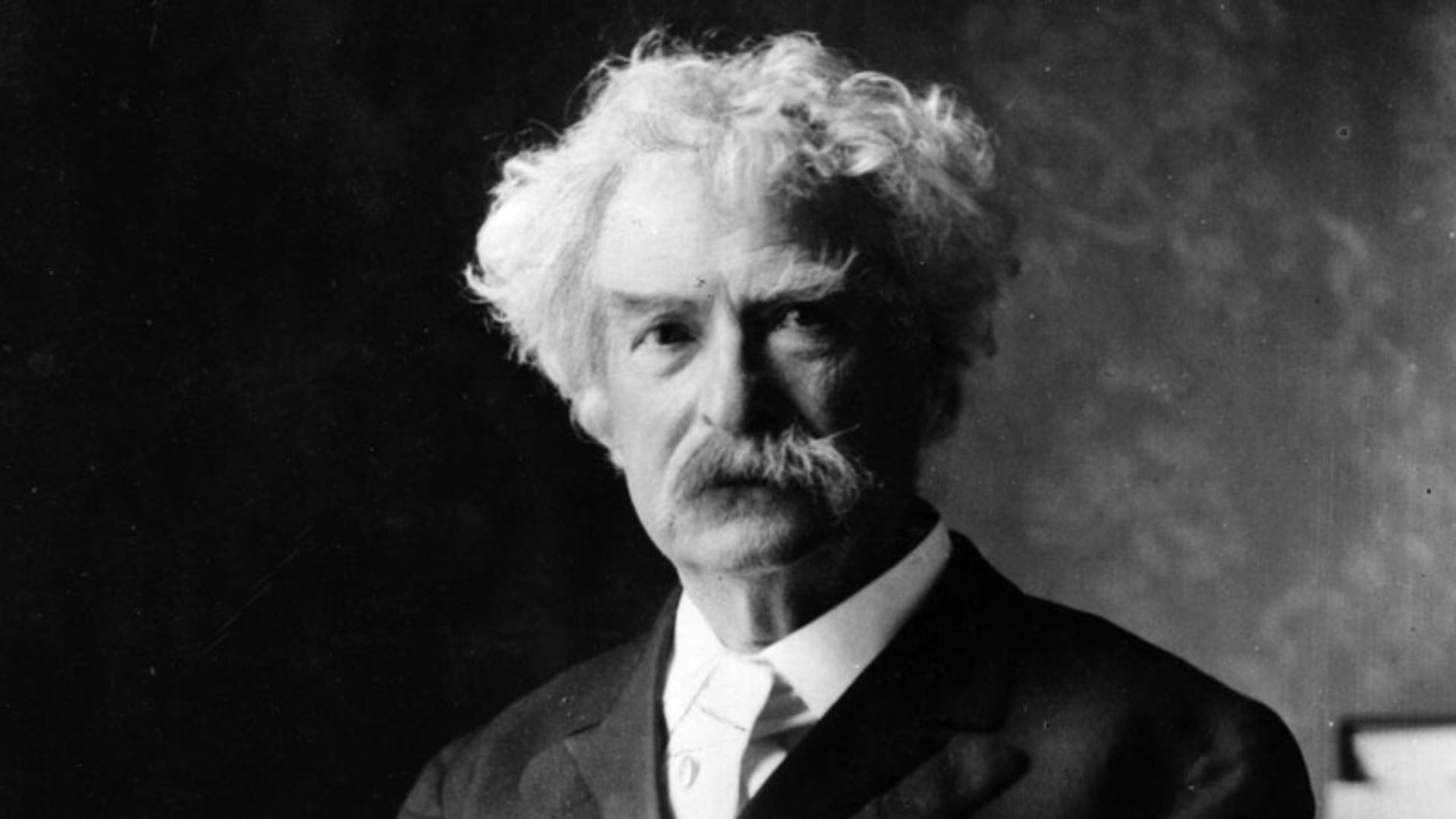 Ernest Herbert Mills on Wikimedia
Ernest Herbert Mills on Wikimedia
1. The U.S. Population Growth
Back in 1783, Yale's Ezra Stiles made a bold demographic prediction using European growth patterns as his reference point. He projected America would cross 300 million within 200 years, with exponential growth implying hundreds of millions soon after, based on European patterns. Remarkably, the U.S. hit this milestone in the early 21st century, validating his prophecy.
2. A New Element
Dmitri Mendeleev's periodic table contained mysterious gaps that puzzled scientists in 1869. Rather than viewing these as errors, he confidently predicted that some new elements would fill them. His accurate forecasts of gallium and germanium properties later validated the periodic law and guided chemical discovery.
3. The Conquest Of Israel
Prophet Moses foretold that although the Israelites would enter the land of Canaan, they would face trials of faith and rebellion. He warned of a future where they might turn away from God, resulting in exile and suffering. Moses also prophesied that, ultimately, Israel would be restored and the covenant with God would remain intact.
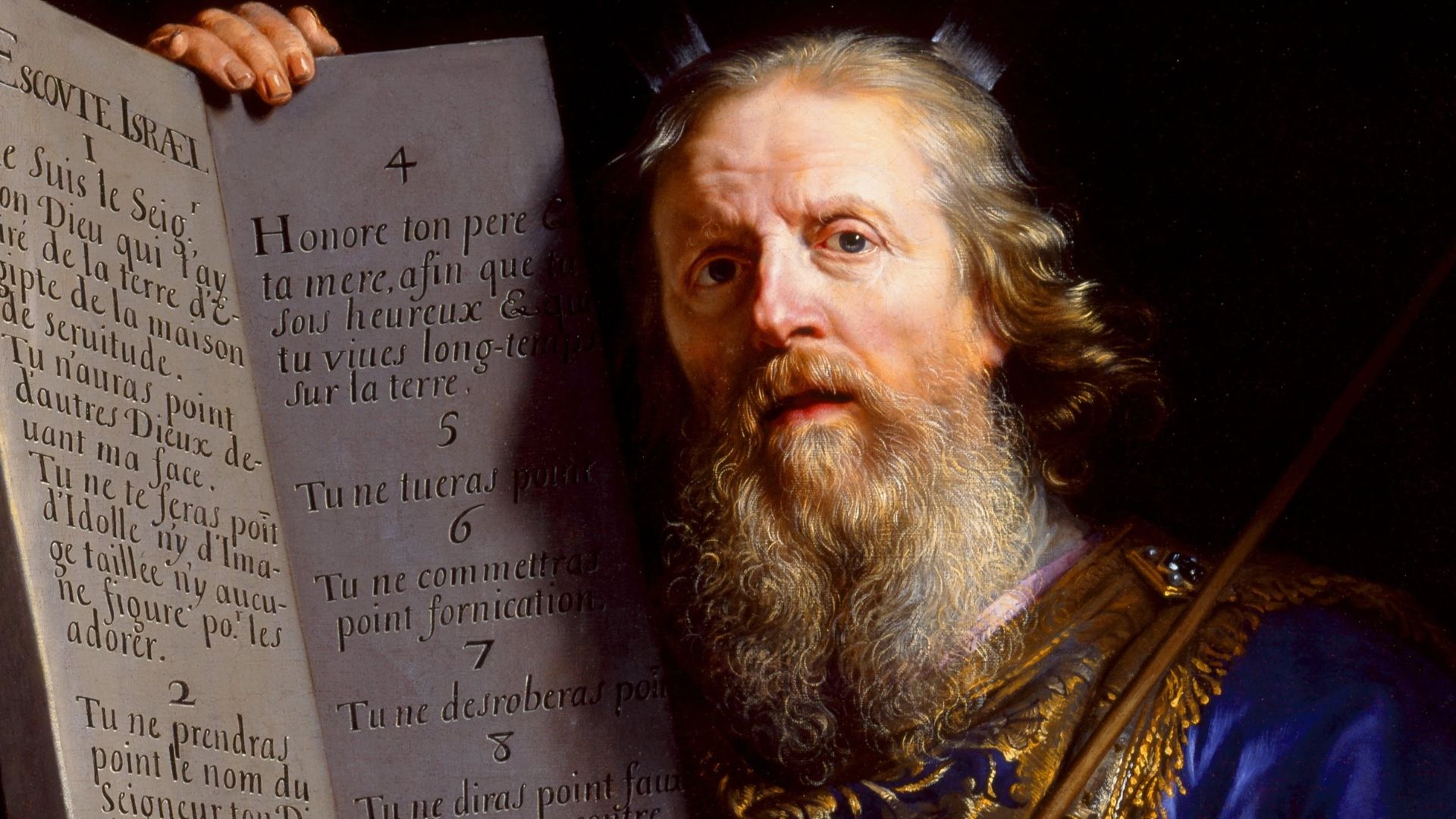 Philippe de Champaigne on Wikimedia
Philippe de Champaigne on Wikimedia
4. Atomic Impact
Decades before scientists grasped the concept of nuclear chain reactions, H.G. Wells' 1914 novel, The World Set Free, imagined atomic bombs and their city-level devastation with haunting accuracy. He even depicted the radioactive aftermath accurately.
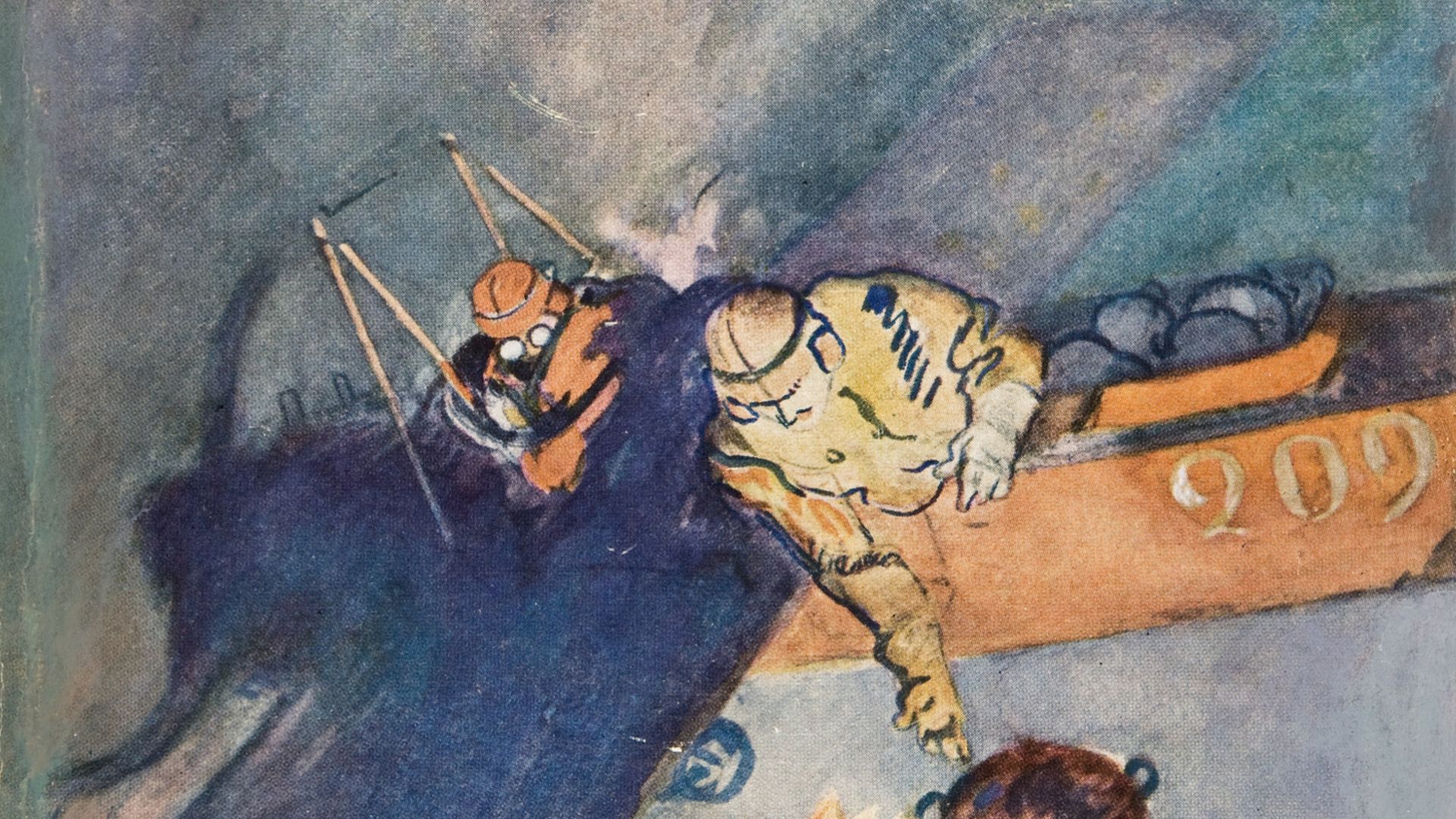 AnonymousUnknown author on Wikimedia
AnonymousUnknown author on Wikimedia
5. The Popularity Of Phonographs
After inventing the phonograph in 1877, Edison boldly predicted that “music will be recorded in every household within 10 years.” By the 1890s, phonographs were actually mass-produced and widely used for home listening, almost exactly on his timeline.
6. Organ Transplants
Centuries before modern medicine, Robert Boyle wrote about curing diseases "by transplantation" in the 1660s. That foresight predated anesthesia and advances in immunology by several generations. Today's kidney, heart, and liver surgeries fulfill his remarkably early scientific foresight about medical possibilities.
7. Photo Telegraphy
John Elfreth Watkins Jr. made extraordinary tech predictions in 1900, boldly forecasting photograph transmission across any distance. He also anticipated color photography becoming normal. His vision of live news imagery and global media networks proved unusually accurate for early twentieth-century forecasting.
8. Mark Twain’s Passing
Personal prophecy met cosmic timing when Mark Twain predicted his own demise in 1909. Born during Halley's Comet's appearance, he declared he'd "go out" when it returns. To everyone's shock, he passed away on April 21, 1910, during the comet's window.
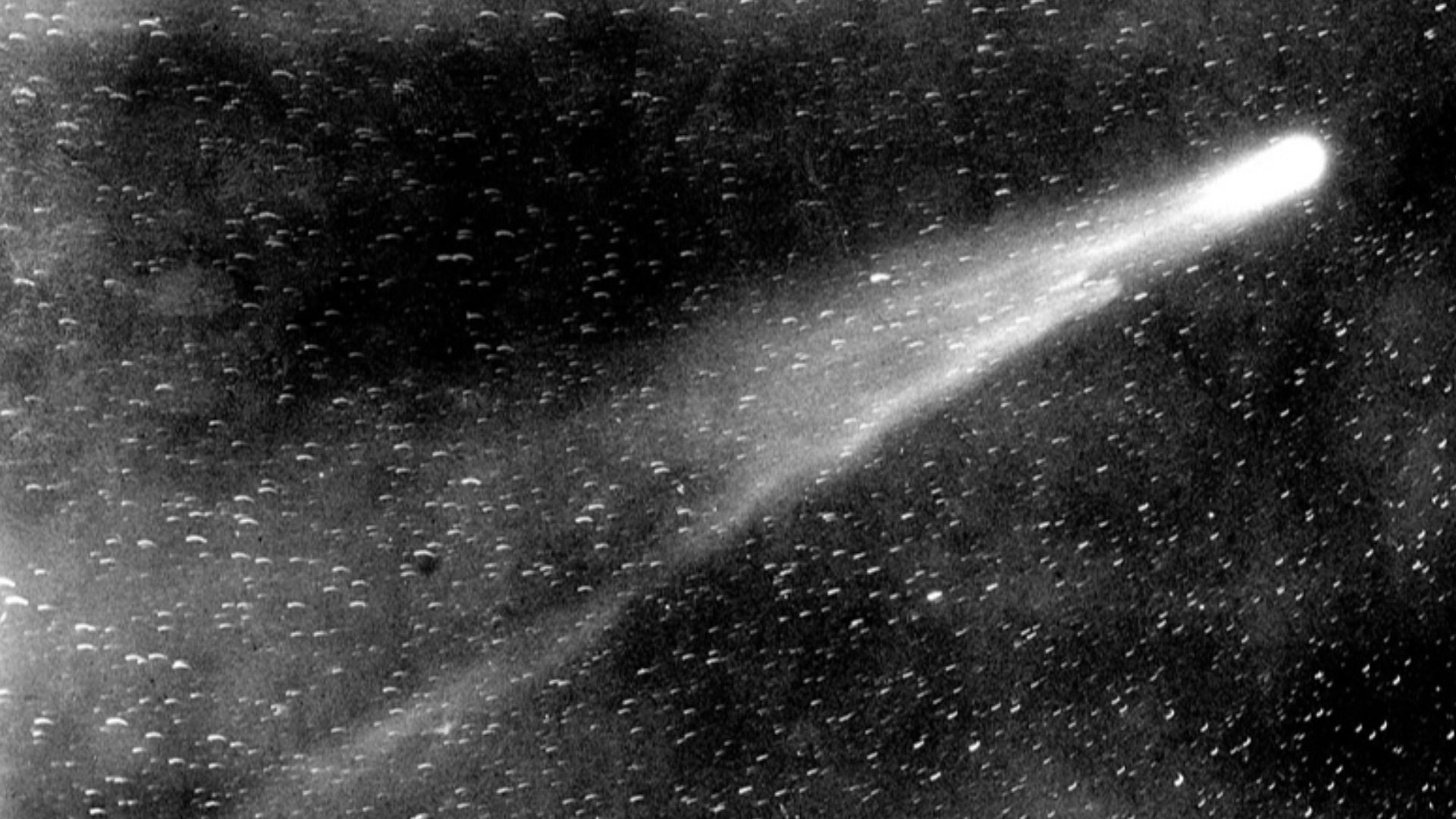 The Yerkes Observatory on Wikimedia
The Yerkes Observatory on Wikimedia
9. U.S.–Russia Rivalry
Seemed far‑fetched in 1840, Alexis de Tocqueville’s prophecy came true. He foresaw two great powers rising: the U.S., growing through individual freedom and farming, and Russia, expanding by centralized military force. Though different, he predicted both would shape global destiny.
 Theodore Chasseriau on Wikimedia
Theodore Chasseriau on Wikimedia
10. Computer Beating A World Chess Champion
In 1990, futurist Ray Kurzweil confidently predicted that a computer would topple the world chess champion before 1998. At the time, machines still struggled against top players. Yet in 1997, IBM’s Deep Blue stunned the world by defeating Garry Kasparov.
11. World War II
Military insight proved prophetic when Ferdinand Foch called the Treaty of Versailles "an armistice for 20 years" in 1919—a chillingly accurate prediction, as World War II began almost exactly two decades later when Hitler invaded Poland in 1939.
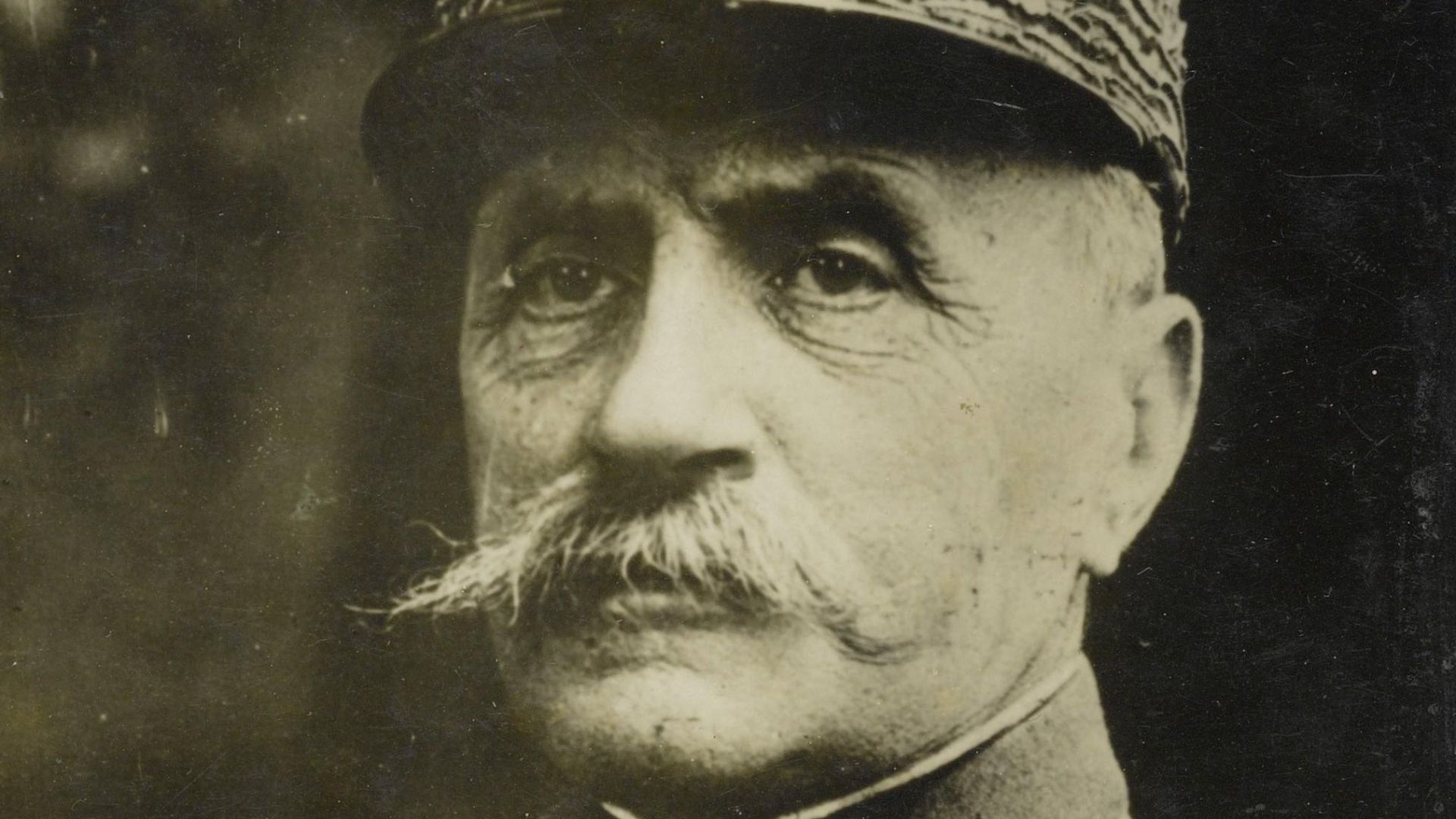 Nationaal Archief on Wikimedia
Nationaal Archief on Wikimedia
12. The Collapse Of The Soviet Union
In 1984, economist Ravi Batra published works predicting the fall of the Soviet system by the end of the decade due to internal economic contradictions. But at the time, most experts believed the opposite—they saw the USSR as a stable nation. However, Ravi’s foresight proved correct when the Soviet Union collapsed in 1991, shocking the world.
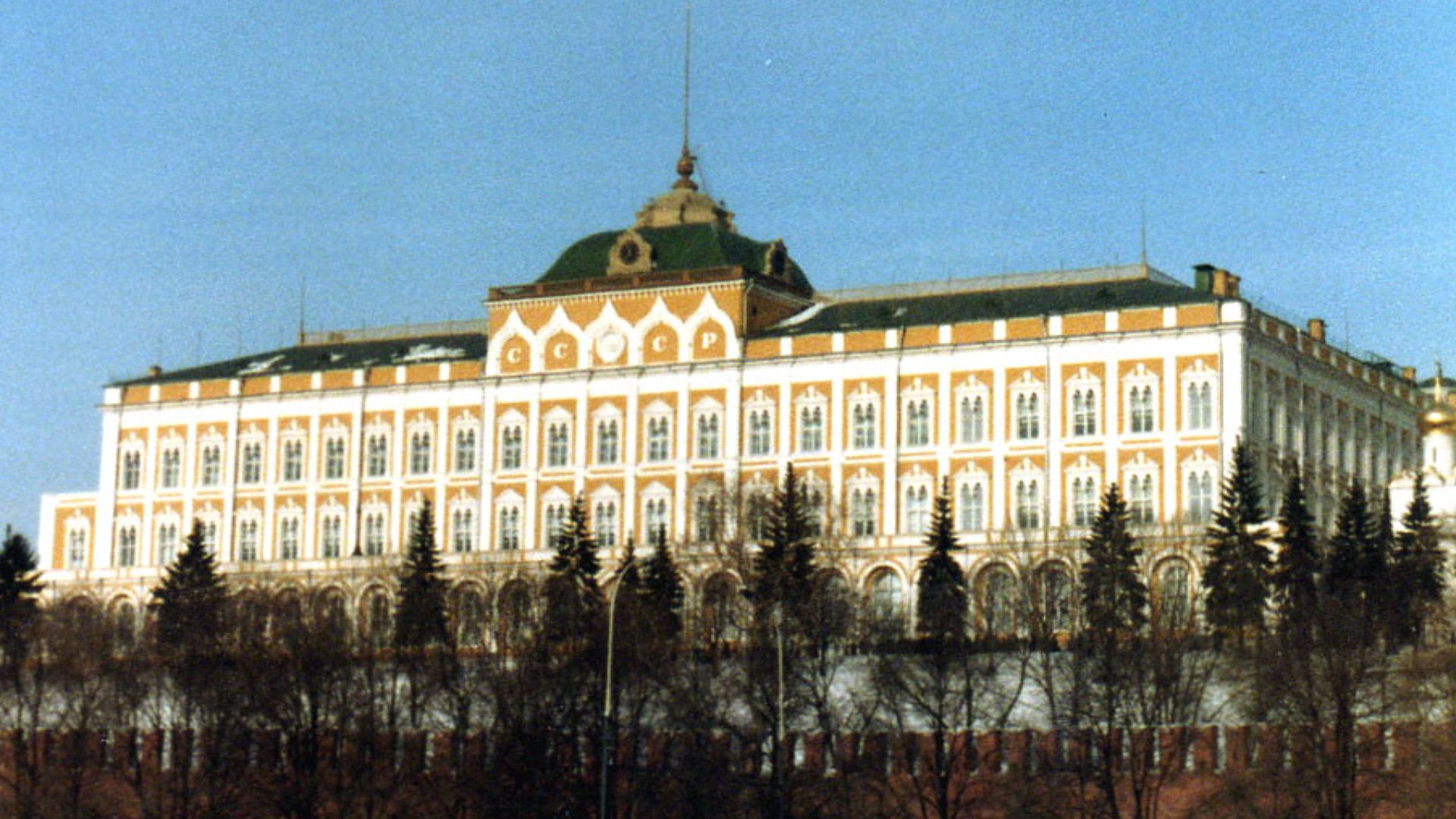 Steve/Ruth Bosman on Wikimedia
Steve/Ruth Bosman on Wikimedia
13. Global Wireless Communication
Nikola Tesla's early 1900s vision of personal wireless devices connecting the world seemed impossibly futuristic. He described instant news access and interconnected global markets decades before the technology existed. Modern mobile networks and internet culture directly echo his systems-scale wireless communication predictions.
14. Submarines
Bacon’s early 1600s novel New Atlantis included submarines, way before that technology arrived. Bacon’s proto-scientific imagination connected experimentation with technological ambition. He also envisioned early megaphone-like devices for projecting sound and other acoustical engineering concepts with remarkable foresight.
15. Moore's Law
In 1965, Gordon Moore predicted that the number of transistors on a microchip would double about every two years. Industry experts doubted it could last. But for decades, chipmakers hit that pace, driving exponential growth in computing power and proving Moore’s prediction right.
16. Technological Scenario Of 2014
During the 1964 World’s Fair, Isaac Asimov pointed to a possible future. He explained that by the time we're in 2014, innovations like video calling, flat screens, and cordless devices would disrupt the world. This future matched his prediction.
 LinkedIn Sales Solutions on Unsplash
LinkedIn Sales Solutions on Unsplash
17. The 1929 Stock Market Crash
Cayce, known as the “Sleeping Prophet,” made thousands of predictions while in trance-like states. In 1925, he began warning clients of a looming financial catastrophe that would devastate the U.S. economy. His statements about reckless speculation and economic collapse foreshadowed the 1929 stock market crash and the Great Depression that followed.
18. Generative Computing
In 1843, Ada Lovelace knew machines would manipulate symbols to compose music, not just conduct arithmetic calculations. Her notes reframed computers as general‑purpose thinkers, quietly forecasting their artistic powers. Today, we're overloaded with applications that make music, art, and do so much more.
19. The Rise Of Hitler
Britain’s Winston Churchill warned in his articles and speeches that Germany’s humiliation and economic collapse after World War I would create fertile ground for a dictator. Those warnings were largely ignored in 1925, but Hitler's rise soon validated Churchill’s grim forecast.
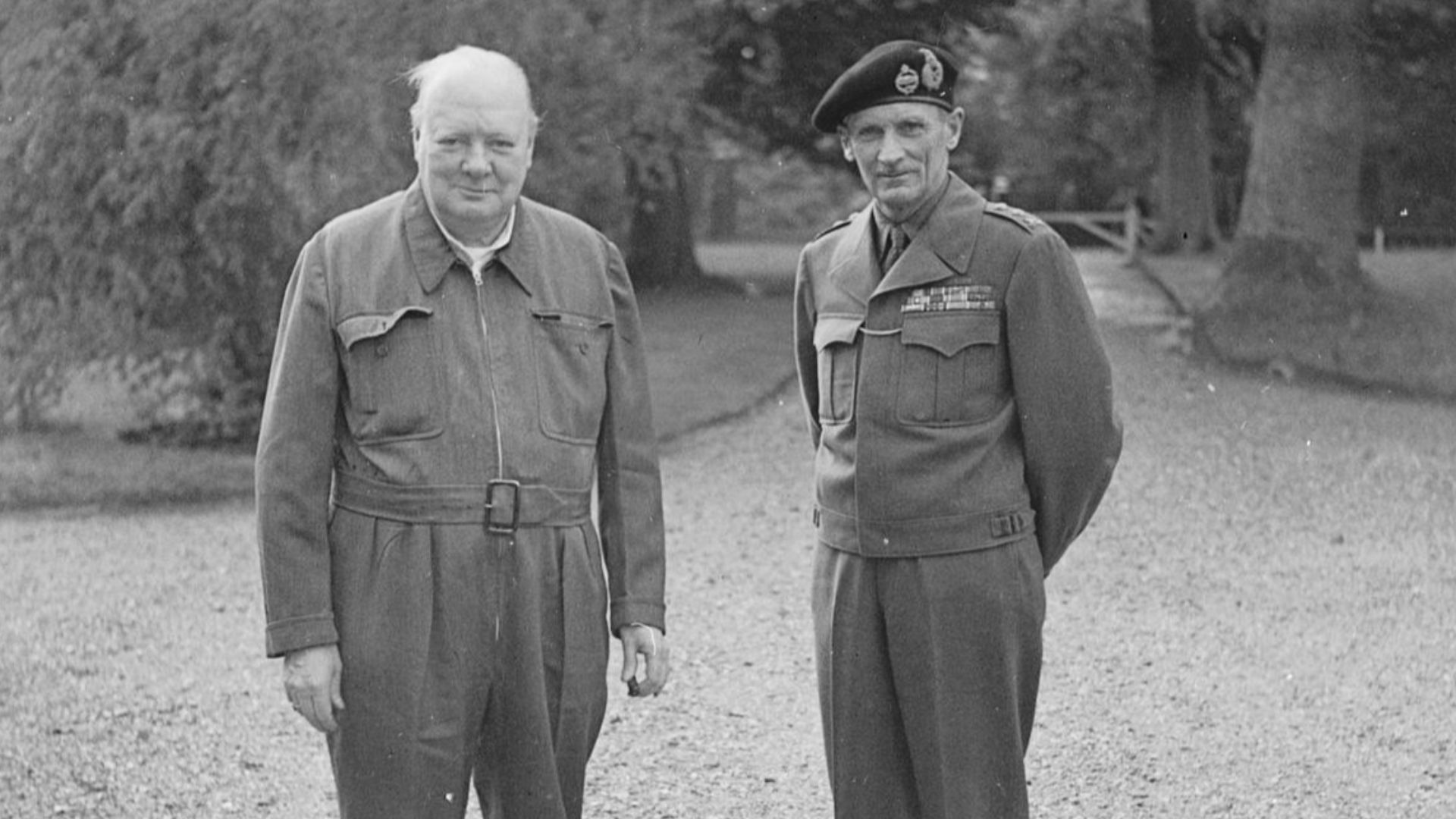 Morris (Sgt), War Office official photographer on Wikimedia
Morris (Sgt), War Office official photographer on Wikimedia
20. Earbuds
American author and screenwriter Bradbury wrote about "seashells" and "thimble radios" for an in‑ear, private listening experience—long before the concept was even scientifically discussed. Now, most people own these buds all around the world.
KEEP ON READING
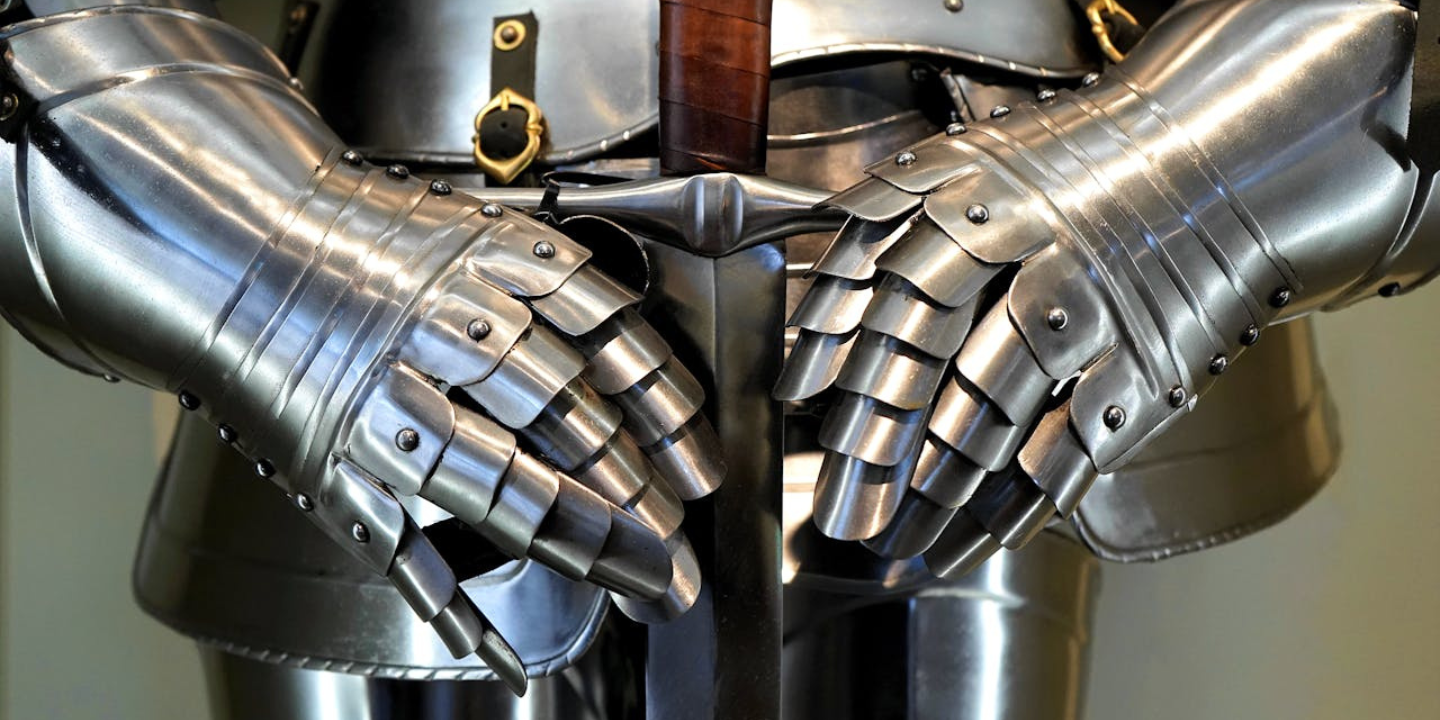
20 Common Misconceptions People Have About The Middle Ages
It’s Not All Knights and Shining Armor. Many people romanticize…
By Farva Ivkovic Nov 4, 2024
20 Powerful Ancient Egyptian Gods That Were Worshipped
Unique Religious Figures in Ancient Egypt. While most people are…
By Cathy Liu Nov 27, 2024
The 10 Scariest Dinosaurs From The Mesozoic Era & The…
The Largest Creatures To Roam The Earth. It can be…
By Cathy Liu Nov 28, 2024
The 20 Most Stunning Ancient Greek Landmarks
Ancient Greek Sites To Witness With Your Own Eyes. For…
By Cathy Liu Dec 2, 2024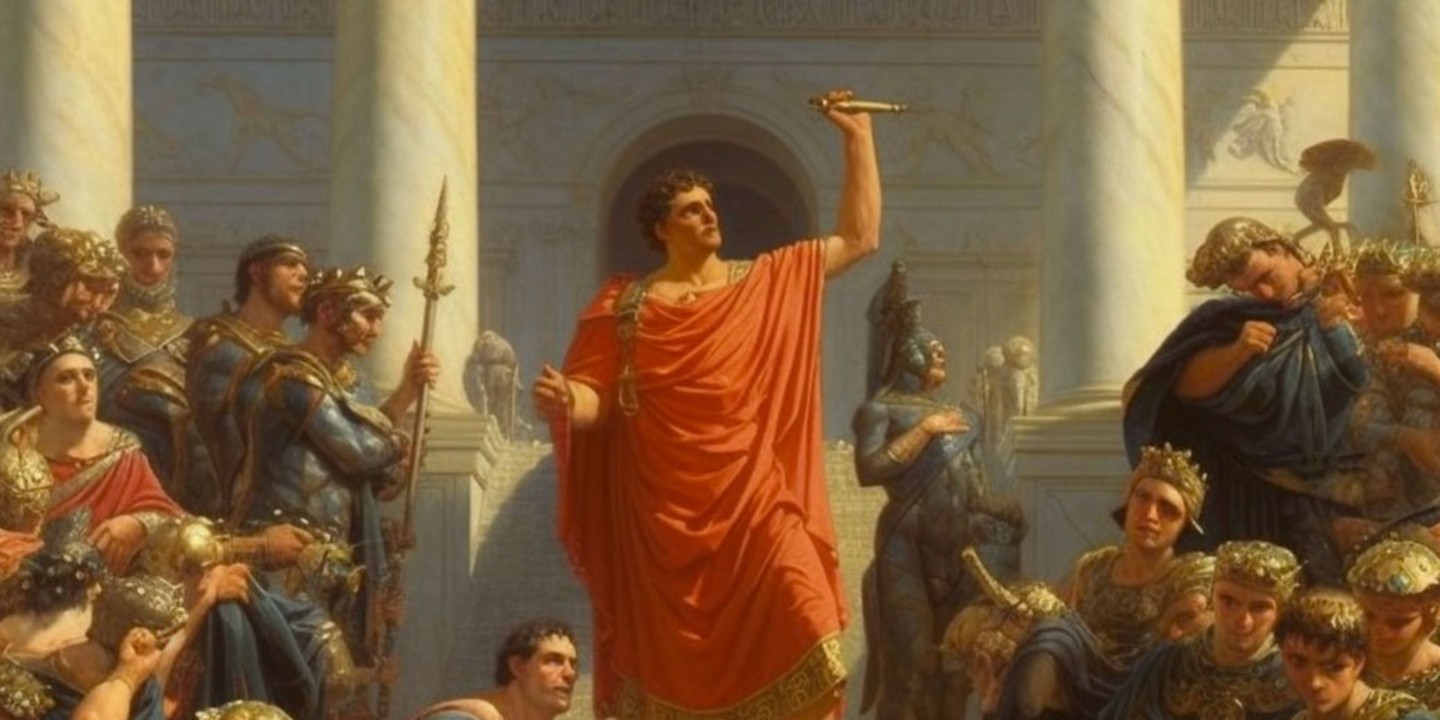
10 Historical Villains Who Weren't THAT Bad
Sometimes people end up getting a worse reputation than they…
By Robbie Woods Dec 3, 2024
One Tiny Mistake Exposed A $3 Billion Heist
While still in college, Jimmy Zhong discovered a loophole that…
By Robbie Woods Dec 3, 2024

